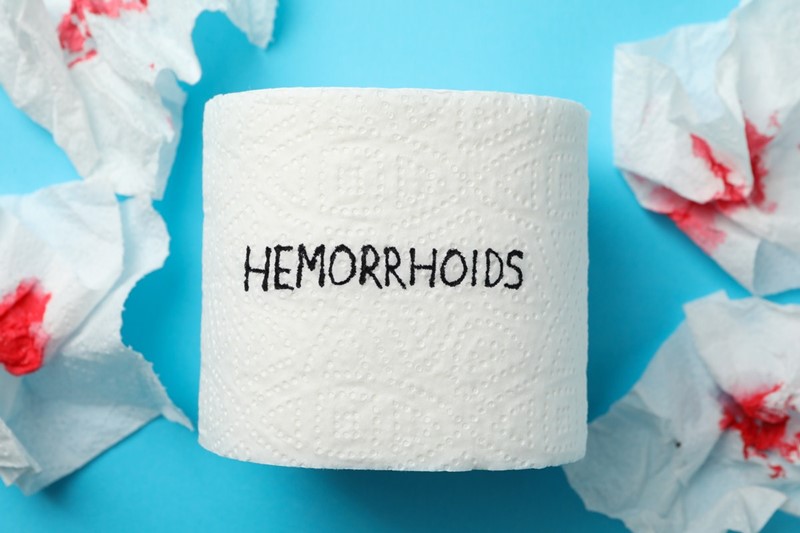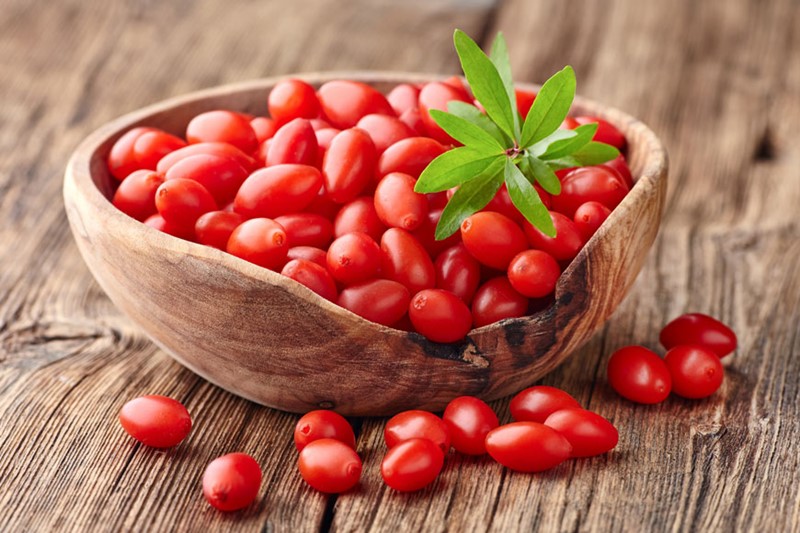
Vaginitis: Vaginitis may induce vaginal mucosa congestion, resulting in decreased secretions and vaginal dryness. Vaginitis may be relieved by treating it as soon as possible, maintaining vaginal cleanliness, and avoiding the use of irritating chemicals.
Contraceptive methods: Prolonged usage of progesterone-containing contraceptive tablets might cause vaginal dryness, however this varies by person. If you are having this problem, it is best to talk with a healthcare practitioner to discuss alternate contraceptive choices.
Hormonal imbalance: Women over the age of 35 who have recurrent monthly abnormalities may be suffering from hormonal imbalances, which may lead to reduced vaginal secretions and external dryness. In such circumstances, seeking medical care and obtaining proper treatment is advised.
Inadequate sexual arousal: Inadequate sexual stimulation, whether caused by a lack of desire or by the partner initiating intercourse, may result in decreased vaginal lubrication and consequent dryness. Improving the quality of sexual encounters, emphasizing foreplay, and increasing emotional connection may all assist to resolve this problem.
Excessive cleansing: Because some women feel vaginal discharge is dirty, they engage in excessive vaginal douching. Over-cleaning, on the other hand, might upset the vaginal balance, resulting in reduced secretions and dryness. Following basic hygiene measures, avoiding excessive washing, and preserving the vaginal natural balance are all critical.
Age-related factors: Hormonal changes occur as women age, which may lead to reduced vaginal lubrication and dryness. Using lubricants during sexual activity and speaking with a healthcare provider about hormone replacement treatment choices may help manage age-related dryness.
Women must address the underlying causes of external genital dryness and seek appropriate medical care as needed. Maintaining overall vaginal health, maintaining proper cleanliness, and emphasizing sexual well-being may all help to avoid and manage female external genitalia dryness.





